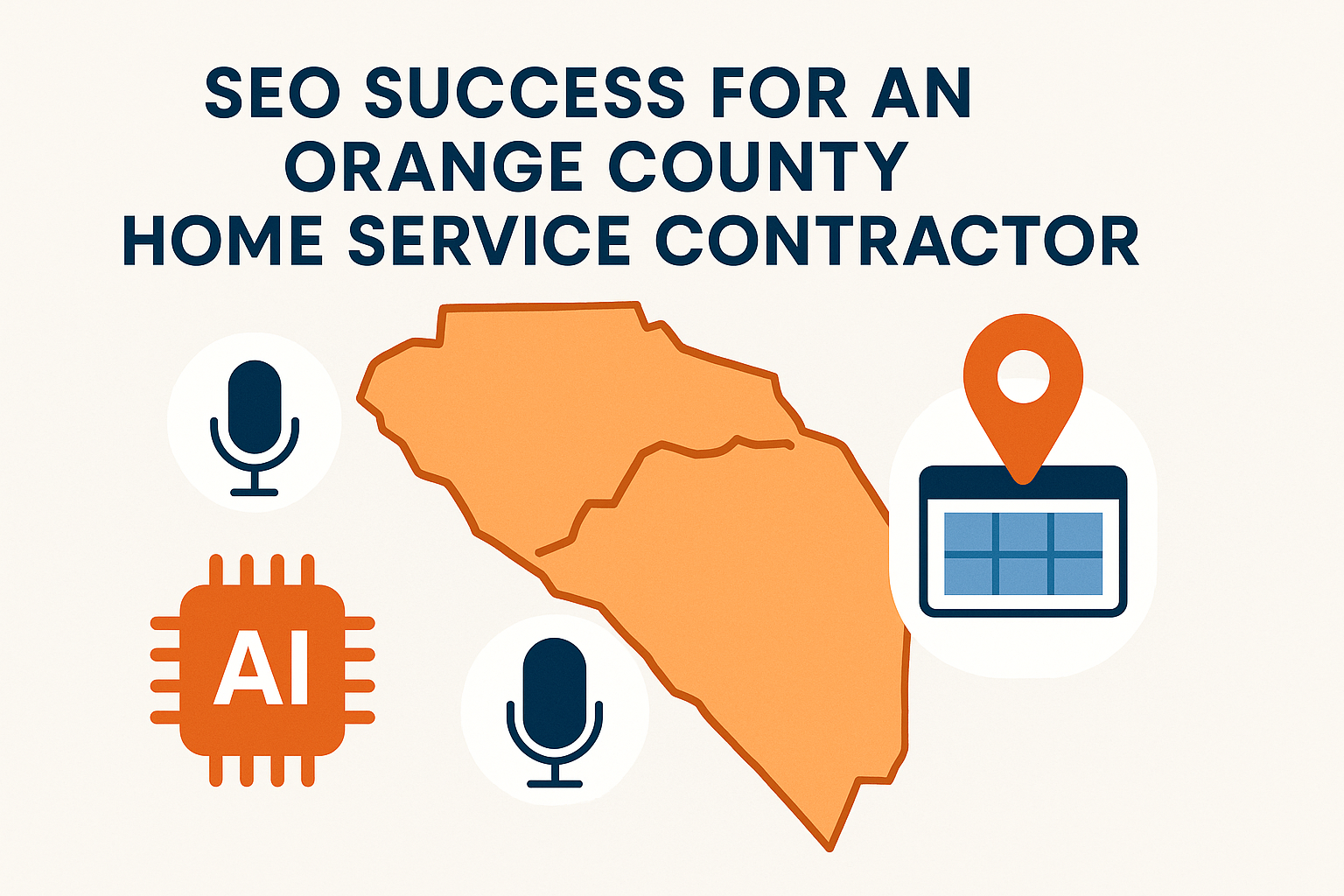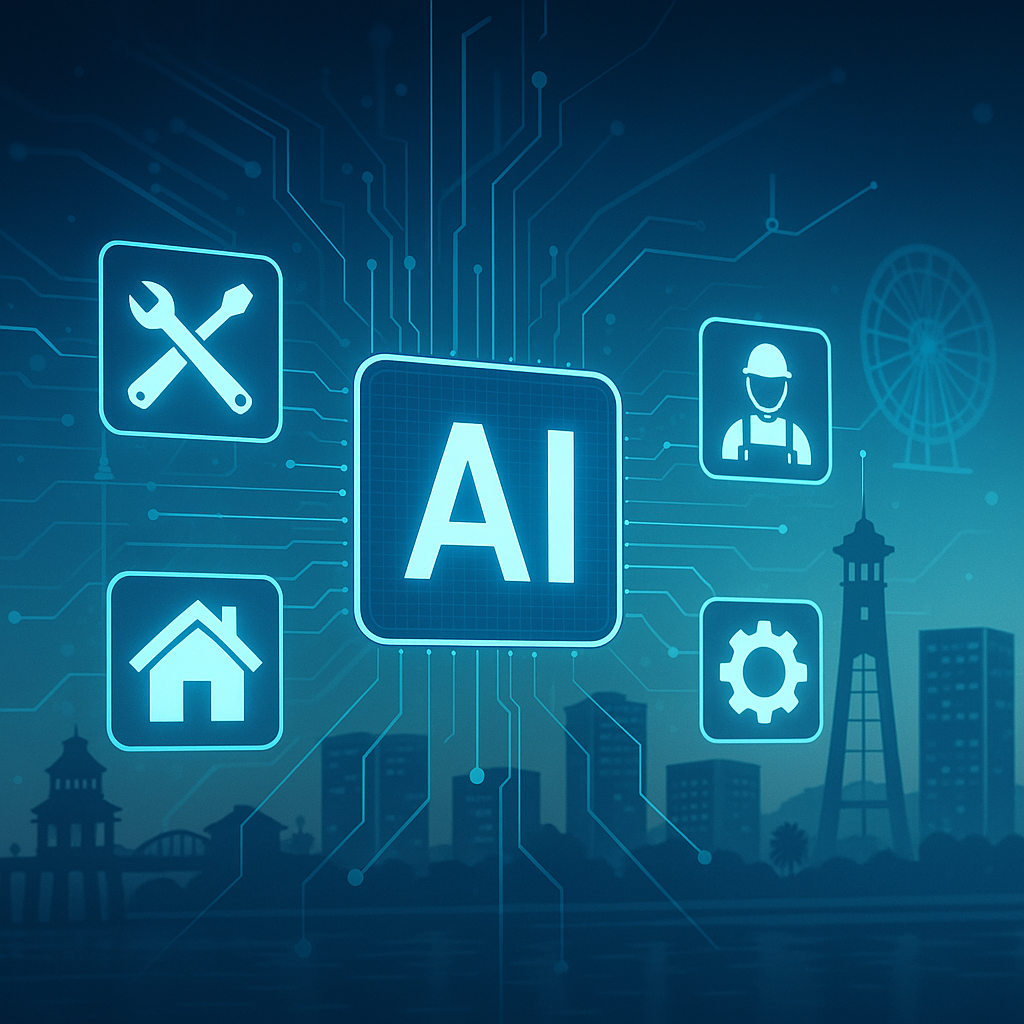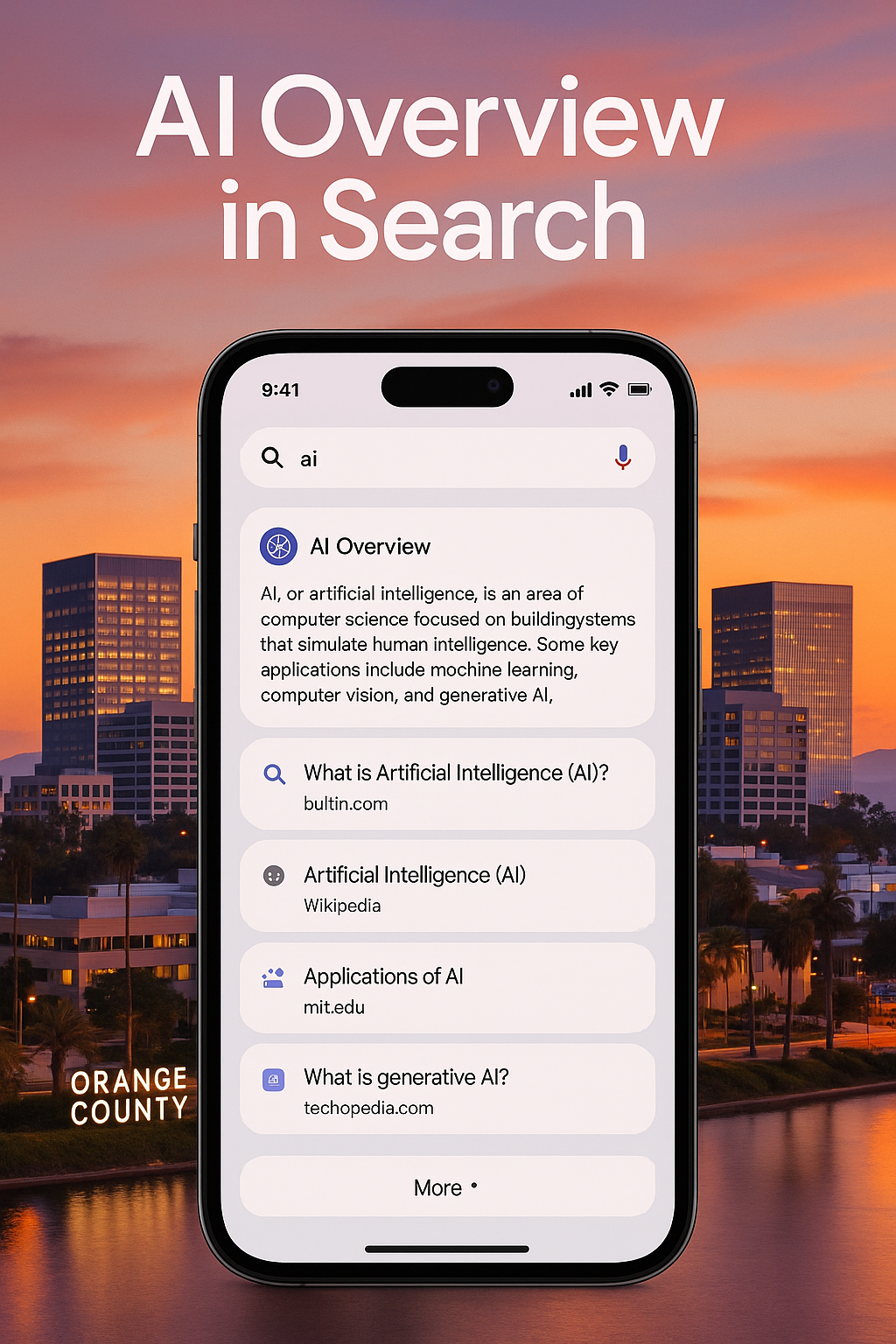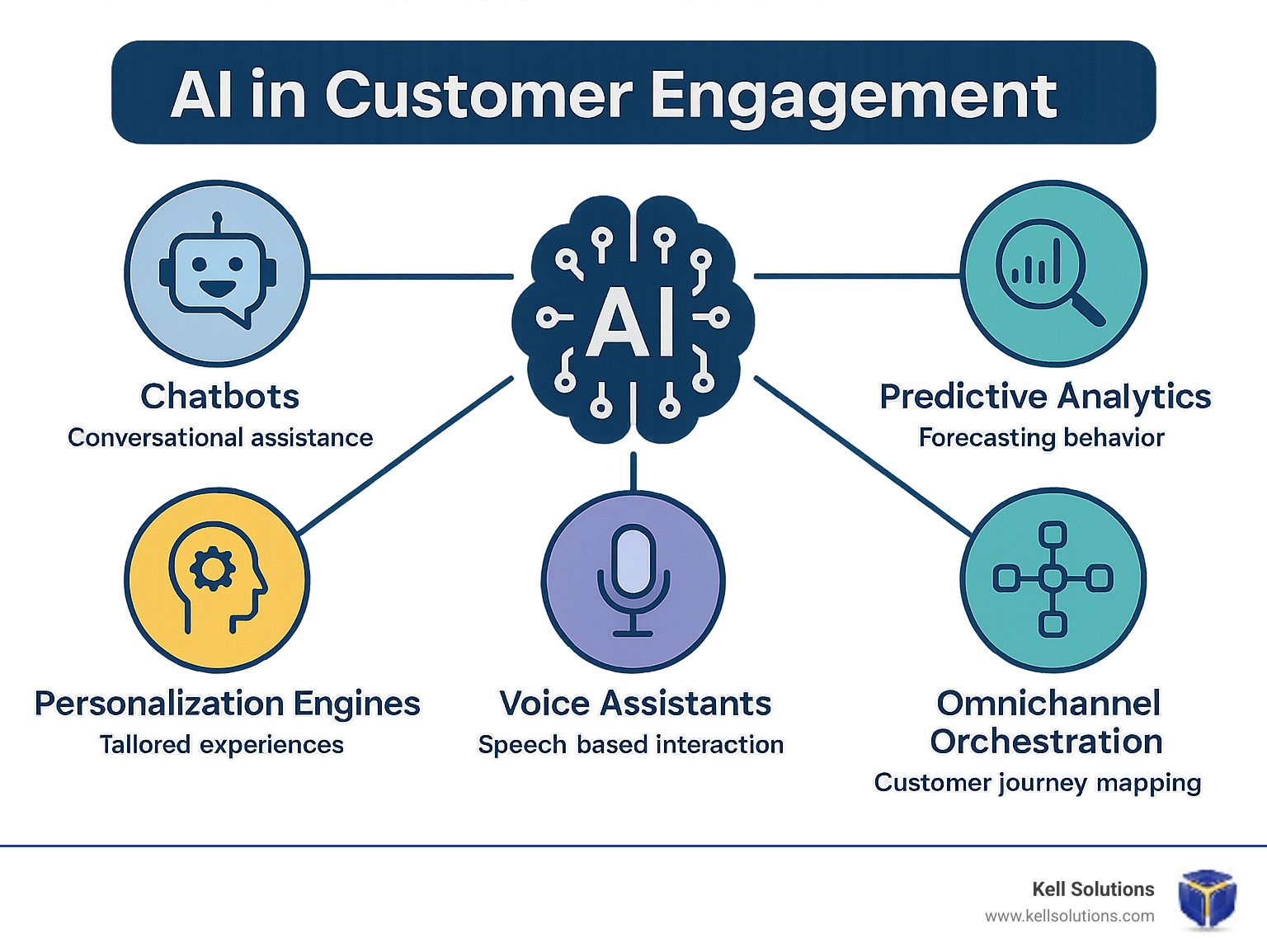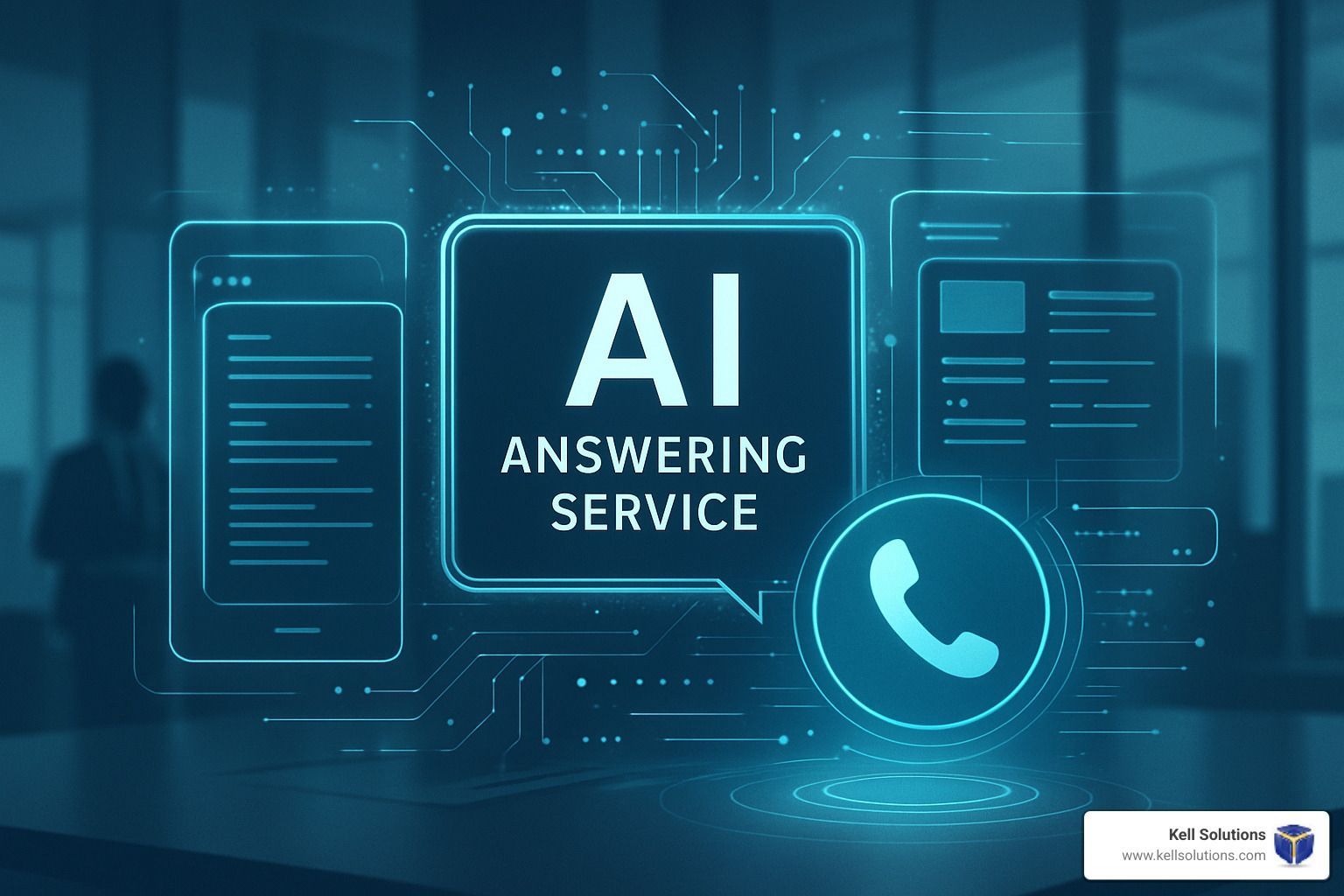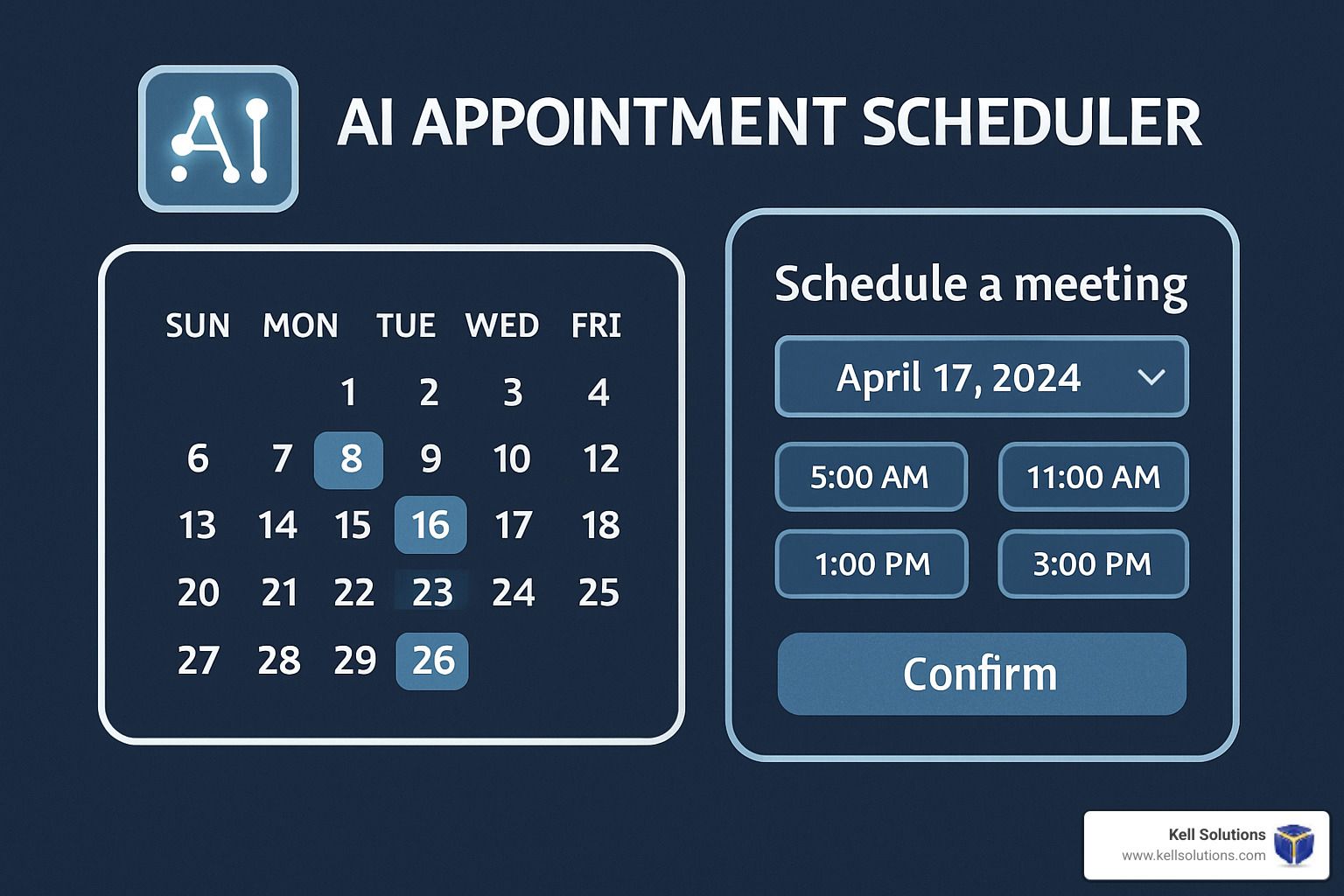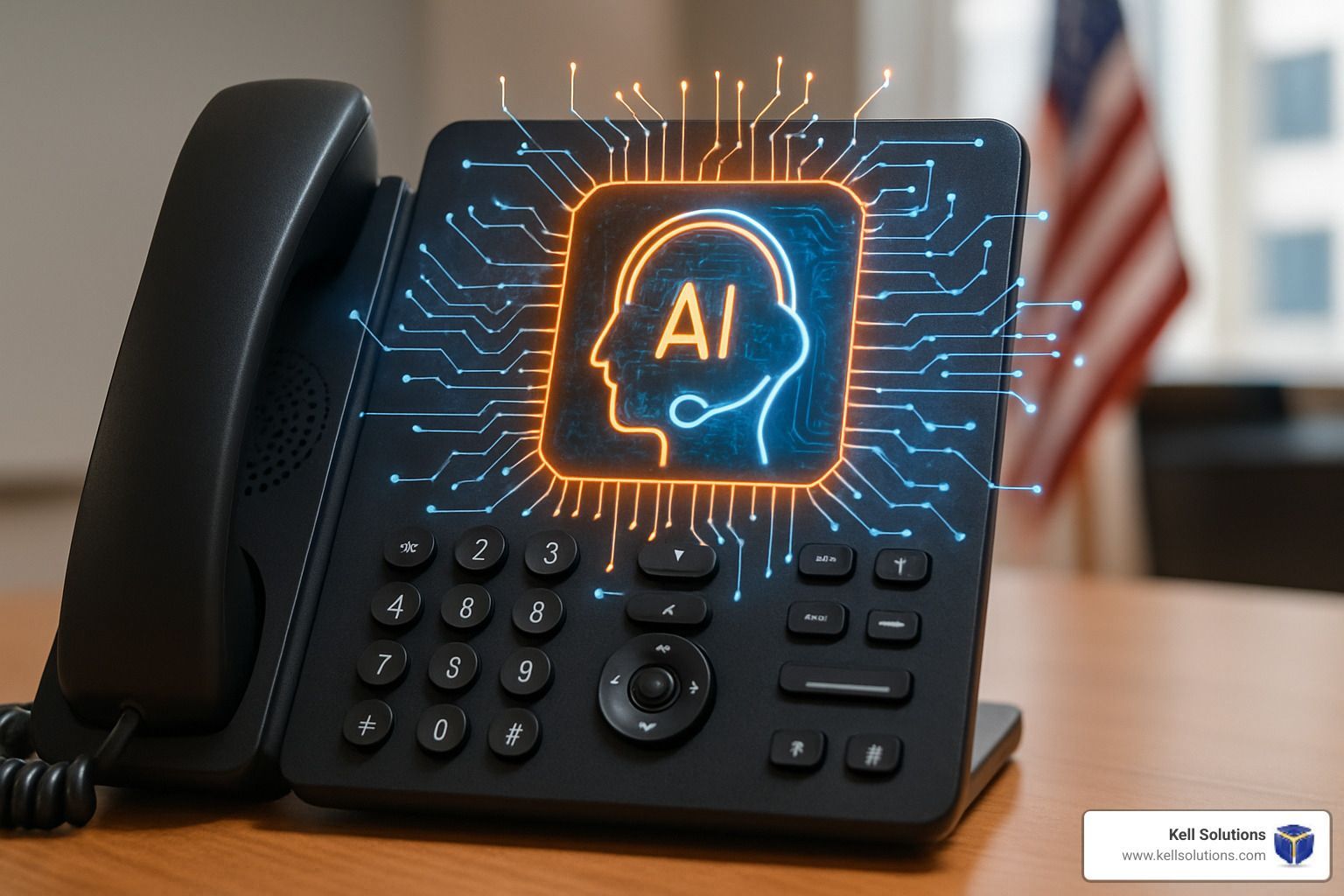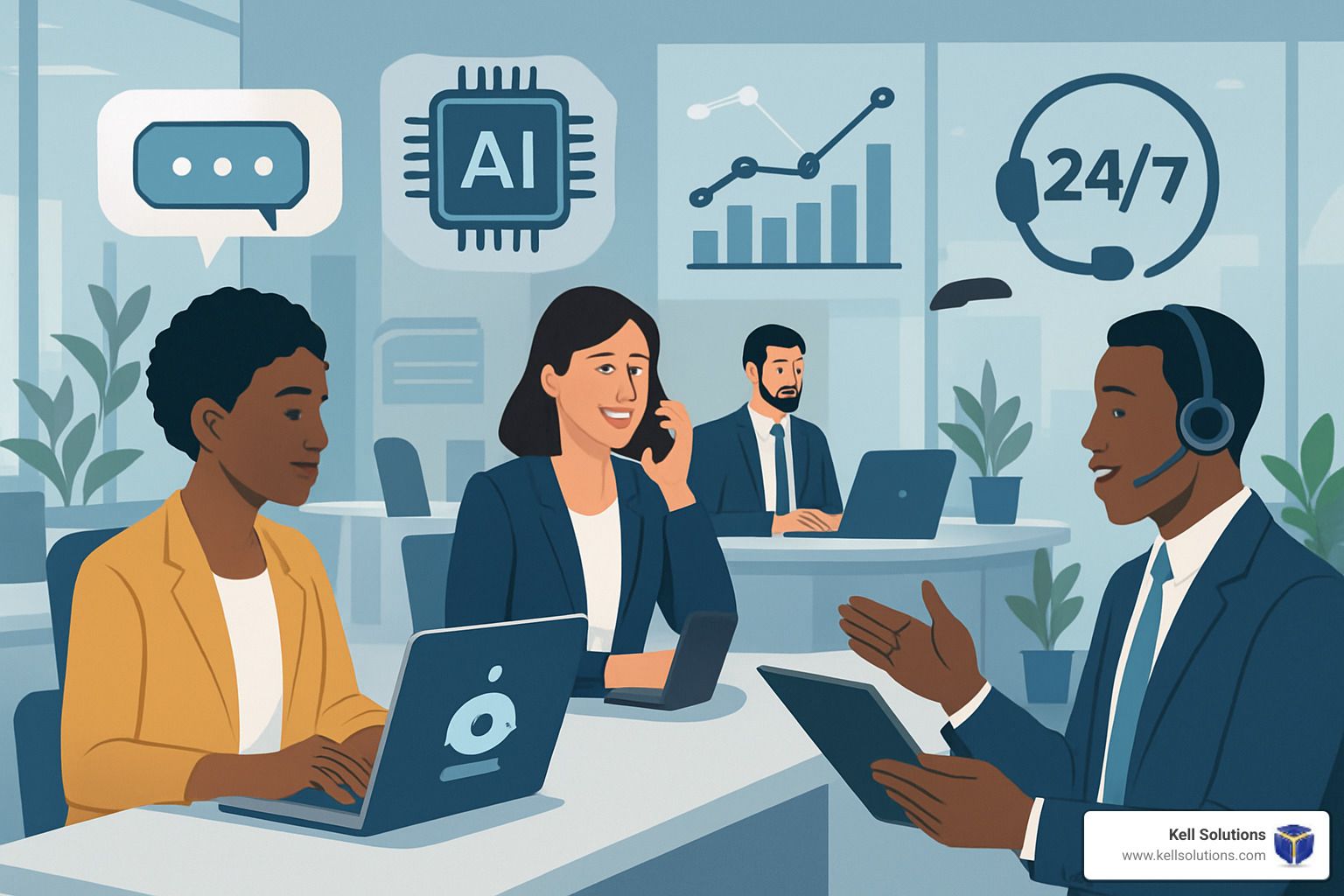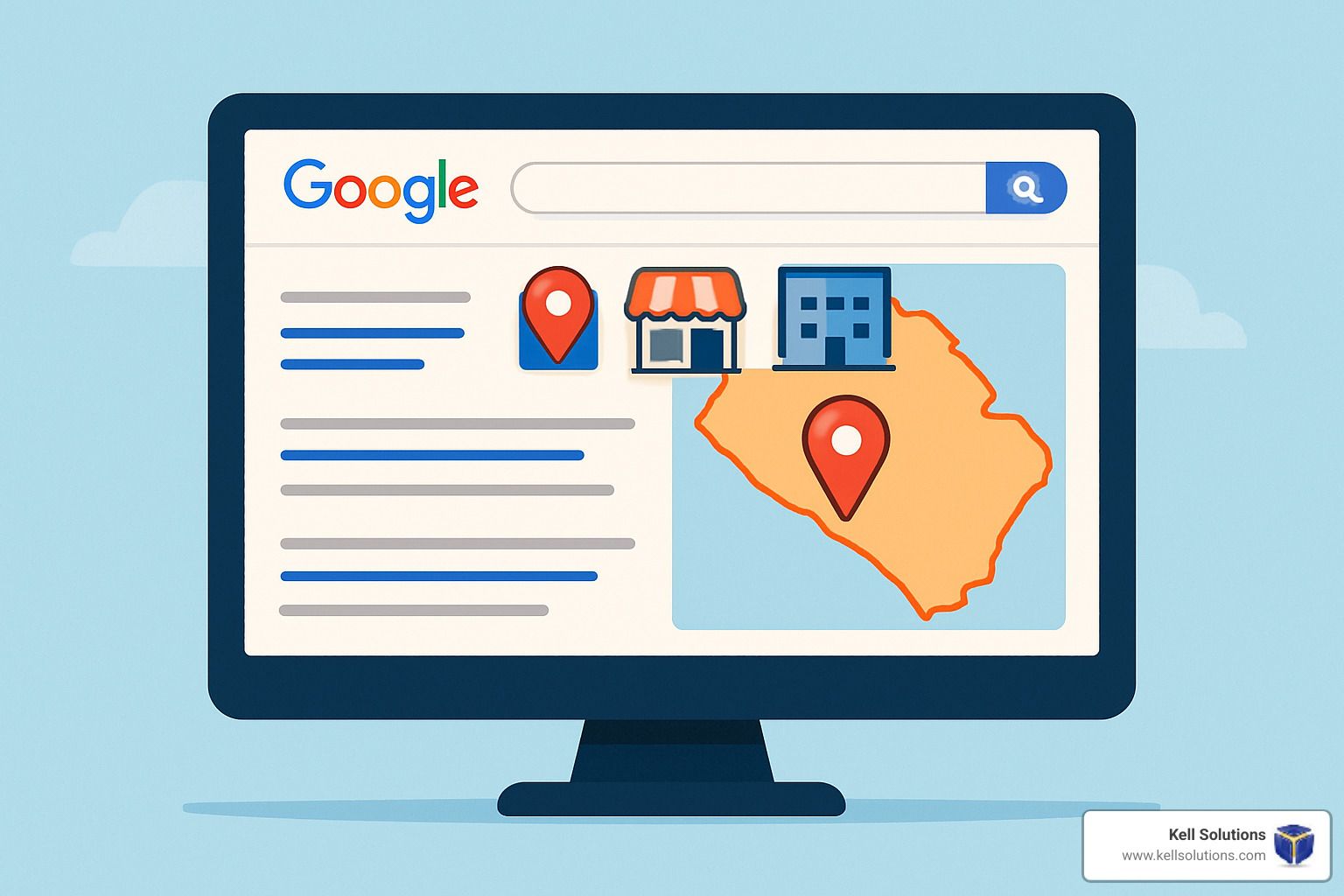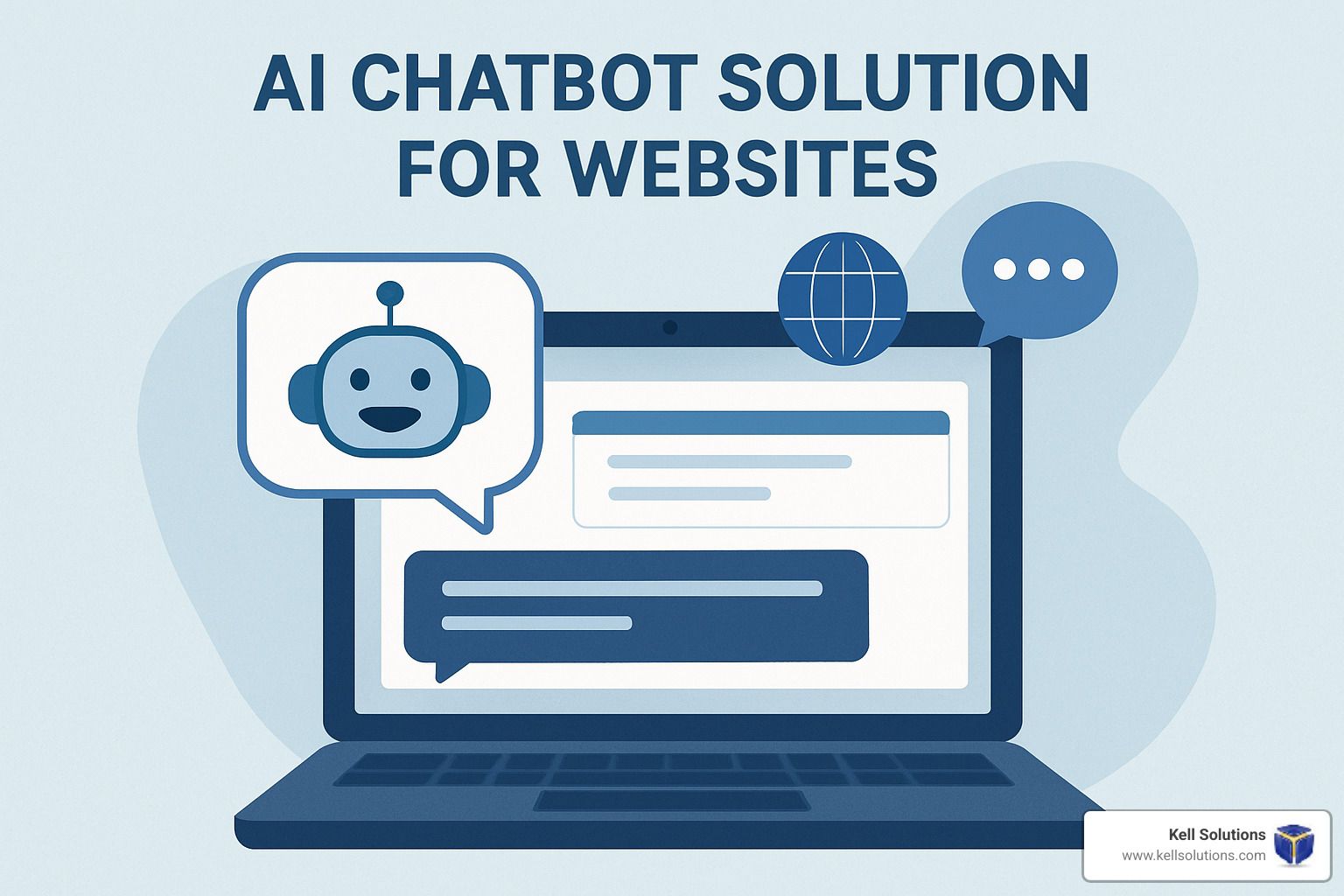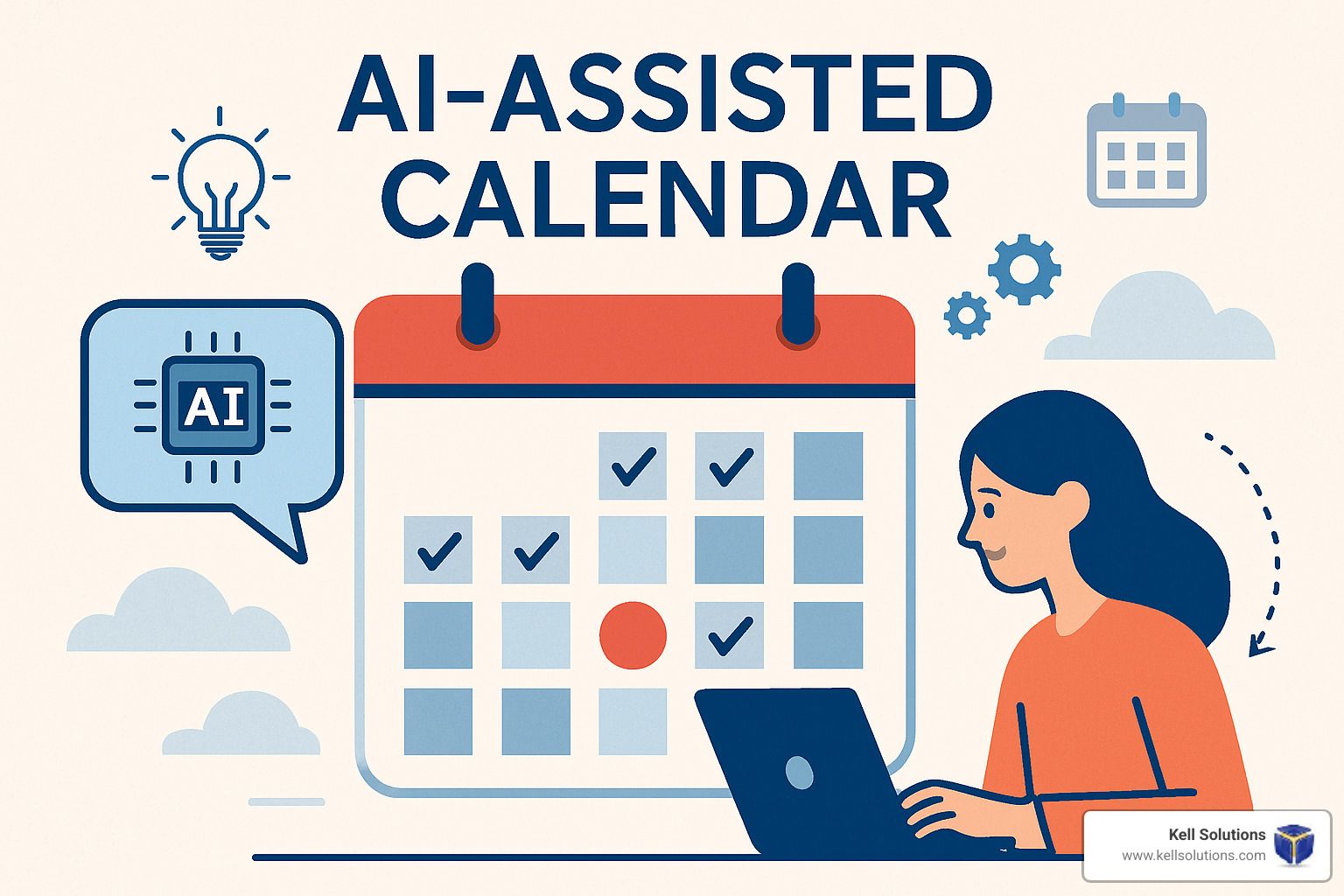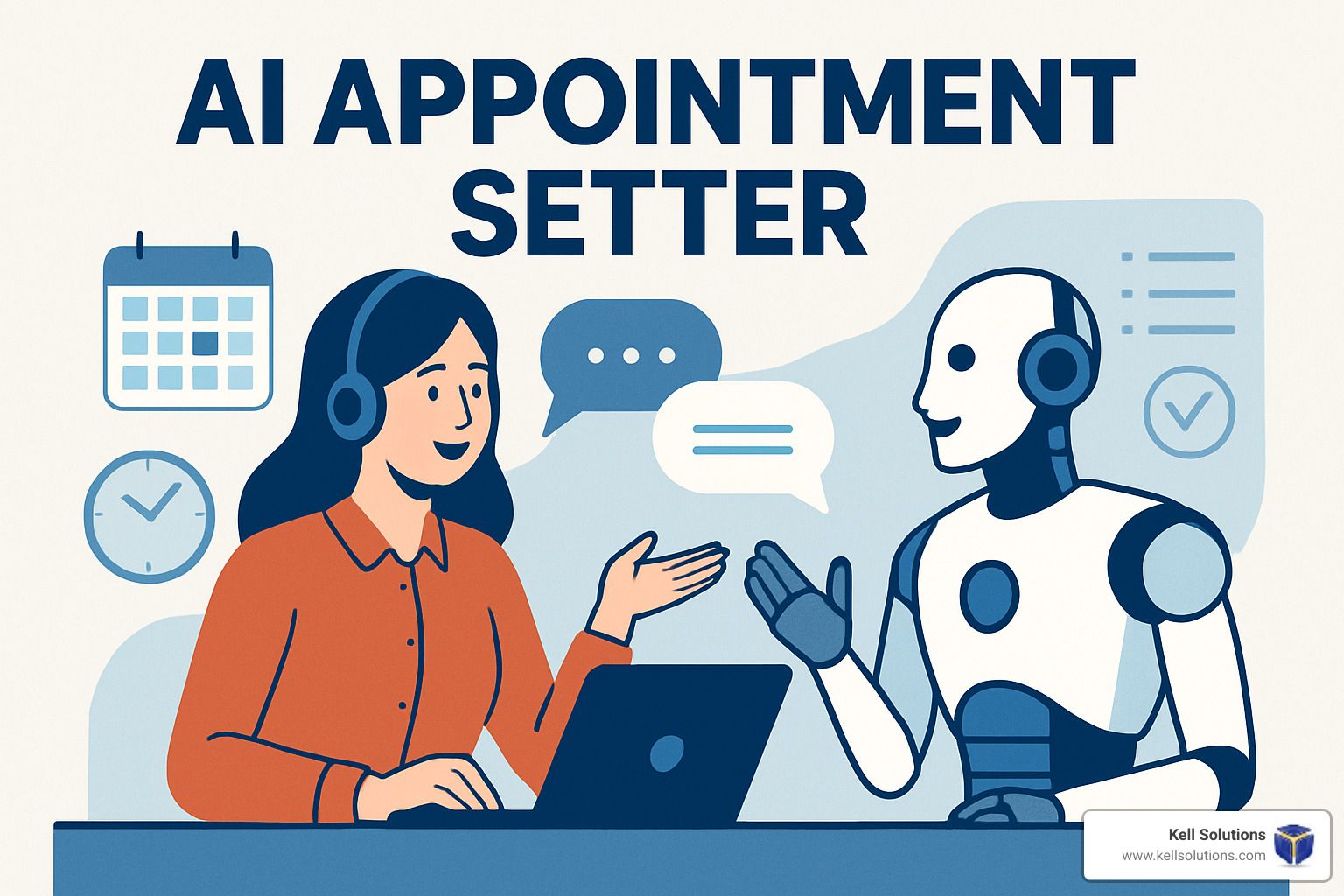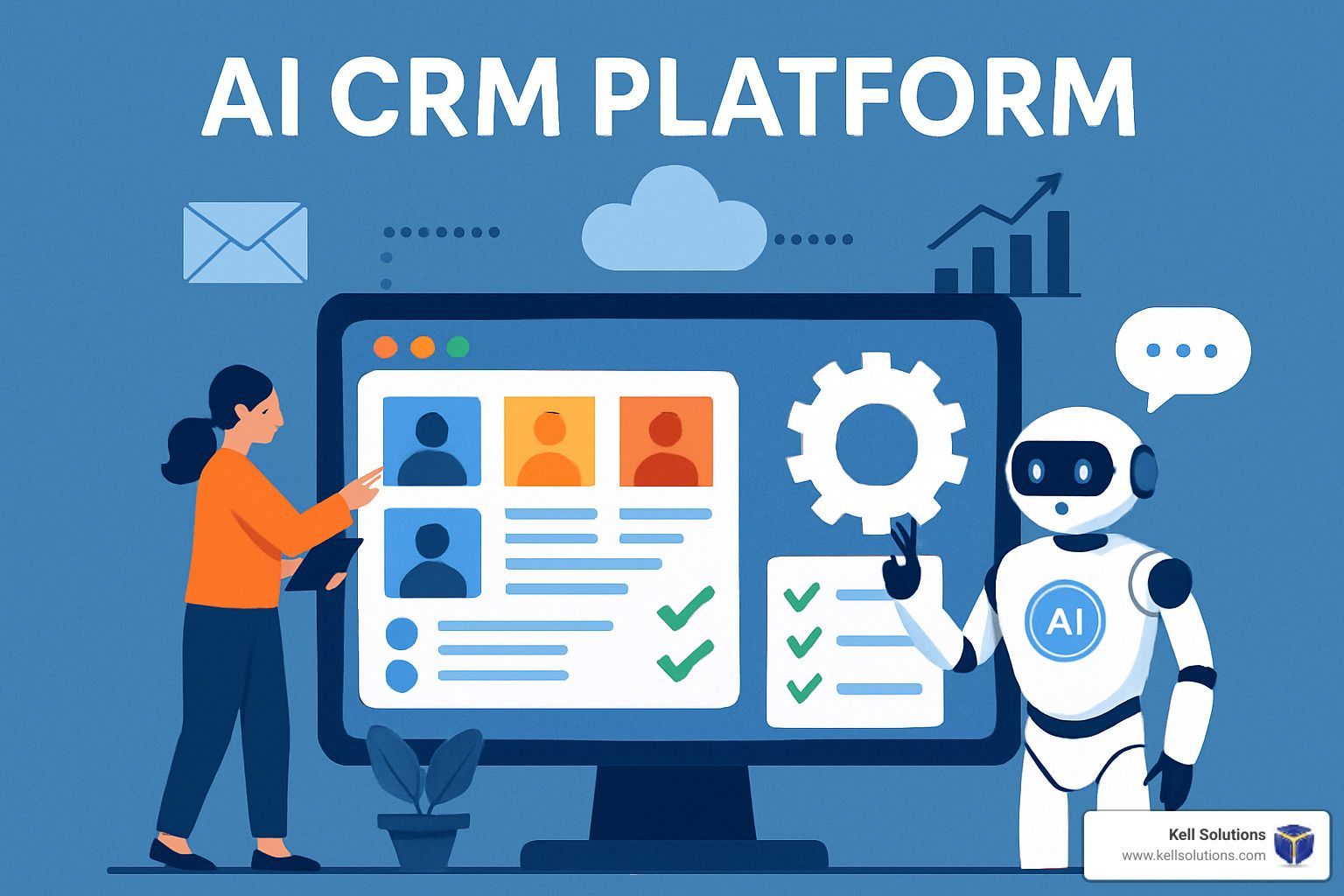AI Answering Services Technology: Inside How It Works & Conversational Insights
From Natural Language Processing to Sentiment Analysis Explained

Key Takeaways
- AI answering services enhance customer support by providing instant, accurate responses.
- Businesses using AI can save on operational costs and improve efficiency.
- Natural Language Processing (NLP) is crucial for understanding and generating human-like responses.
- Machine Learning (ML) allows AI systems to learn and improve from interactions over time.
- AI systems are increasingly able to understand context and user intent, making interactions smoother and more intuitive.
AI Answering Services Technology: Key Features and Benefits
AI answering services have revolutionized the way businesses interact with their customers. By leveraging cutting-edge technologies, these systems offer quick, accurate responses that mimic human interaction. This not only enhances customer satisfaction but also reduces the workload on human agents, allowing them to focus on more complex tasks.
Imagine calling a customer service line and being greeted by a friendly, knowledgeable assistant who understands your query and provides an immediate solution. That's the power of AI answering services. They operate 24/7, providing consistent service without the need for breaks or downtime. This ensures that customers receive the help they need, whenever they need it.
Introduction to AI Answering Services
AI answering services are built on the foundation of artificial intelligence technologies, including Natural Language Processing (NLP) and Machine Learning (ML). These systems are designed to understand, process, and respond to human language in a way that feels natural and intuitive. They can handle a wide range of tasks, from answering frequently asked questions to processing orders and providing technical support.
At their core, AI answering services aim to provide a seamless customer experience. By understanding the nuances of human language, these systems can engage in meaningful conversations that address customer needs efficiently. They are not limited to text-based interactions; many systems also support voice interactions, making them versatile tools for customer engagement.
Benefits of AI Answering Services for Businesses
The benefits of AI answering services extend beyond improved customer satisfaction. For businesses, these systems represent a significant opportunity to streamline operations and reduce costs. By automating routine tasks, AI answering services free up human agents to focus on more strategic initiatives, such as improving customer loyalty and developing new products.
Moreover, AI answering services can handle a large volume of interactions simultaneously, something that would be impossible for human agents. This scalability ensures that businesses can maintain high levels of service even during peak times, such as holiday seasons or product launches.
Real-World Applications
AI answering services are used across a wide range of industries, each with its unique set of challenges and requirements. In the retail sector, for instance, AI systems can assist customers with product recommendations, order tracking, and returns processing. In healthcare, they can provide patients with appointment scheduling, medication reminders, and general health information.
One notable example is the use of AI in the financial services industry. Banks and insurance companies use AI answering services to provide customers with account information, process transactions, and even detect fraudulent activities. By automating these processes, financial institutions can offer faster, more reliable service while maintaining high levels of security.
The Mechanics of AI Answering Services
Understanding how AI answering services work requires a closer look at the technologies that power them. At the heart of these systems are NLP and ML, two critical components that enable AI to understand and respond to human language effectively.
Natural Language Processing Explained
Natural Language Processing (NLP) is a branch of AI that focuses on the interaction between computers and humans using natural language. NLP enables AI systems to understand, interpret, and generate human language in a way that is both meaningful and contextually relevant.
Through NLP, AI answering services can analyze the structure and meaning of sentences, identify key phrases, and determine the intent behind a customer's query. This allows them to provide accurate responses that address the customer's needs.
Conversational AI: Bridging Human and Machine Interaction
Conversational AI serves as the bridge between human communication and machine processing. This technology makes it possible for machines to understand and respond to human language in a way that feels natural and intuitive. By leveraging advanced algorithms, conversational AI can engage in meaningful dialogues, offering solutions and guidance just like a human would.
The Role of Conversational User Interfaces
Conversational User Interfaces (CUIs) are the platforms through which humans interact with AI systems. These interfaces can be text-based, like chatbots, or voice-activated, like virtual assistants. CUIs are designed to make interactions with AI as seamless as possible, ensuring users receive timely and relevant responses. They are the frontline of customer engagement, providing a friendly and accessible way for users to communicate with machines.
From Text to Speech: Generating Responses
One of the key components of conversational AI is its ability to generate responses that sound human. This involves converting text-based data into spoken language, a process known as text-to-speech (TTS). TTS technology uses advanced algorithms to produce speech that mimics human intonation, rhythm, and emotion, making interactions more engaging and personal.
Learning from Interactions: Continuous Improvement
AI systems are designed to learn from every interaction. By analyzing past conversations, AI can identify patterns and improve its responses over time. This continuous learning process is driven by machine learning algorithms, which enable the system to refine its understanding of language and context. As a result, the more the AI interacts with users, the better it becomes at providing accurate and relevant responses.
For example, if a user frequently asks about a specific product, the AI can learn to prioritize information about that product in future interactions. This ability to adapt and improve is what sets conversational AI apart from traditional automated systems.
Industry Applications of AI Answering Services
AI answering services have found their way into various industries, each leveraging the technology to address specific needs and challenges. By automating routine tasks and enhancing customer interactions, AI answering services are transforming the way businesses operate.
In the retail industry, for instance, AI systems can assist customers in finding products, checking availability, and even processing orders. This not only improves the shopping experience but also increases sales by providing personalized recommendations.
Enhancing Customer Service Experiences
Customer service is one of the most significant areas where AI answering services have made an impact. By automating responses to common inquiries, businesses can provide faster and more efficient service. This reduces wait times and ensures customers receive the help they need promptly.
Furthermore, AI systems can handle multiple interactions simultaneously, allowing businesses to scale their customer service operations without the need for additional staff. This scalability is particularly beneficial during peak times, such as holiday seasons or product launches, when customer inquiries tend to increase.
AI in Healthcare Communication
The healthcare industry is also benefiting from AI answering services. These systems can assist patients with appointment scheduling, medication reminders, and general health inquiries. By providing accurate and timely information, AI systems help improve patient outcomes and reduce the burden on healthcare professionals.
For example, a virtual health assistant can remind patients to take their medication at the correct time, reducing the risk of missed doses. This not only improves patient adherence but also enhances overall health outcomes.
Optimizing E-commerce Platforms and Sales
In the world of e-commerce, AI answering services play a crucial role in optimizing sales and customer satisfaction. By providing instant responses to customer queries, AI systems help reduce cart abandonment rates and increase conversion rates. They can also offer personalized product recommendations based on customer preferences and browsing history.
Moreover, AI systems can analyze customer behavior to identify trends and patterns, enabling businesses to tailor their marketing strategies accordingly. This data-driven approach ensures that businesses can meet customer demands effectively, ultimately boosting sales and revenue.
Challenges and Future of AI Answering Services
While AI answering services offer numerous benefits, they also come with their own set of challenges. Addressing these challenges is crucial for the continued success and adoption of AI technology in various industries.
One of the primary concerns is privacy and security. AI systems must handle sensitive customer information responsibly, ensuring that data is protected and used ethically. This requires robust security measures and compliance with data protection regulations.
Another challenge is bridging language and cultural gaps. AI systems must be able to understand and respond to users from diverse backgrounds, which requires advanced language processing capabilities and cultural sensitivity.
Addressing Privacy and Security Concerns
Privacy and security are paramount when it comes to AI answering services. These systems handle vast amounts of sensitive data, including personal and financial information. Therefore, it's crucial for businesses to implement robust security protocols to protect this data from unauthorized access and breaches.
Encryption is one of the most effective methods for securing data. By encrypting data both in transit and at rest, businesses can ensure that even if data is intercepted, it cannot be read without the proper decryption keys. Additionally, regular security audits and compliance with data protection regulations, such as GDPR, are essential to maintaining the integrity and confidentiality of customer information.
Bridging Language and Cultural Gaps
AI answering services must be able to communicate effectively with users from diverse linguistic and cultural backgrounds. This requires advanced natural language processing capabilities that can understand and respond to multiple languages and dialects. Moreover, AI systems need to be culturally aware, ensuring that responses are appropriate and sensitive to cultural nuances.
To achieve this, businesses should invest in training AI models with diverse datasets that include various languages and cultural contexts. This will enable AI systems to provide more accurate and relevant responses, regardless of the user's background. Additionally, incorporating feedback from users can help refine the AI's understanding of language and culture, leading to continuous improvement in communication.
For instance, an AI system used in a global customer service center might need to handle queries in English, Spanish, and Mandarin. By training the system with datasets in these languages, businesses can ensure that their AI answering service is equipped to handle a wide range of customer interactions.
Future Trends and Innovations in AI Technology
The future of AI Answering services is bright, with continuous advancements in technology driving new possibilities. One of the most exciting trends is the integration of AI with other emerging technologies, such as augmented reality (AR) and virtual reality (VR). This integration can create more immersive and interactive customer experiences, enhancing the way users engage with AI systems.
Another promising development is the use of AI in predictive analytics. By analyzing historical data, AI systems can anticipate customer needs and offer proactive solutions, further enhancing the customer experience. This capability can lead to more personalized interactions and increased customer satisfaction.
As AI technology continues to evolve, we can expect to see even more sophisticated andintuitive AI answering services. These systems will become increasingly adept at understanding context, emotion, and intent, making interactions with AI indistinguishable from those with humans.
Frequently Asked Questions (FAQ)
AI answering services are transforming the way businesses interact with their customers. However, many people still have questions about how these systems work and what they can do. Here are some of the most common questions and answers about AI answering services.
What makes AI answering services different from traditional systems?
AI answering services differ from traditional systems in their ability to understand and process natural language. Unlike scripted responses, AI systems use NLP to interpret the nuances of human language, allowing for more dynamic and flexible interactions. This enables AI to provide more accurate and contextually relevant responses, enhancing the overall customer experience.
How do AI systems learn to understand language?
AI systems learn to understand language through a combination of machine learning and natural language processing. By analyzing large datasets of text and speech, AI models can identify patterns and relationships within the data. This allows them to develop a deeper understanding of language, including grammar, syntax, and semantics.
- AI models are trained on diverse datasets to improve language comprehension.
- Continuous learning from user interactions helps refine AI responses.
- Feedback loops allow AI to adapt to new language trends and nuances.
Through these processes, AI systems can become proficient in understanding and generating human-like responses, making them valuable tools for customer service and other applications.
Can AI answering services handle multiple languages?
Yes,AI answering services can handle multiple languages, thanks to advancements in natural language processing. By training AI models with multilingual datasets, businesses can equip their systems to understand and respond to users in various languages. This capability is essential for companies operating in global markets, as it allows them to provide consistent service across different regions.
AI systems can be customized to recognize specific dialects and regional variations, ensuring that responses are culturally appropriate and relevant. This flexibility makesAI answering services a powerful tool for enhancing communication and customer engagement worldwide.
What are the main challenges faced byAI answering services?
Despite their many advantages,AI answering services face several challenges. One of the primary challenges is ensuring data privacy and security. With the increasing volume of sensitive data being processed, businesses must implement robust security measures to protect customer information. For more insights, you can explore this article on conversational AI for customer service.
Another challenge is maintaining accuracy and relevance in responses. AI systems must continually learn and adapt to new language trends and customer needs to provide effective service. This requires ongoing training and refinement of AI models, which can be resource-intensive.
How will AI answering services evolve in the future?
The future ofAI answering services is promising, with advancements in technology driving new capabilities and applications. As AI systems become more sophisticated, we can expect them to handle more complex tasks and provide even more personalized interactions. Integration with other technologies, such as AR and VR, will create more immersive experiences, further enhancing customer engagement.
Additionally, AI answering services will likely become more proactive, using predictive analytics to anticipate customer needs and offer solutions before issues arise. This shift towards proactive customer service will lead to higher levels of satisfaction and loyalty, as businesses can address customer concerns more efficiently and effectively.
📚 About the Author
Gregg Kell is a seasoned digital marketing strategist and founder of Kell Web Solutions, Inc., helping professional service firms grow through innovative AI-powered solutions like VoiceGenie AI. With over 20 years of experience in web development, lead generation, and business automation, Gregg is passionate about helping small businesses maximize growth and profitability through cutting-edge technologies.
When he’s not helping businesses boost their bottom line, Gregg enjoys life by the beach in Laguna Beach, California, with his wife Debbie, celebrating over 40 years of marriage and entrepreneurial adventures.
👉 Explore More from Gregg:
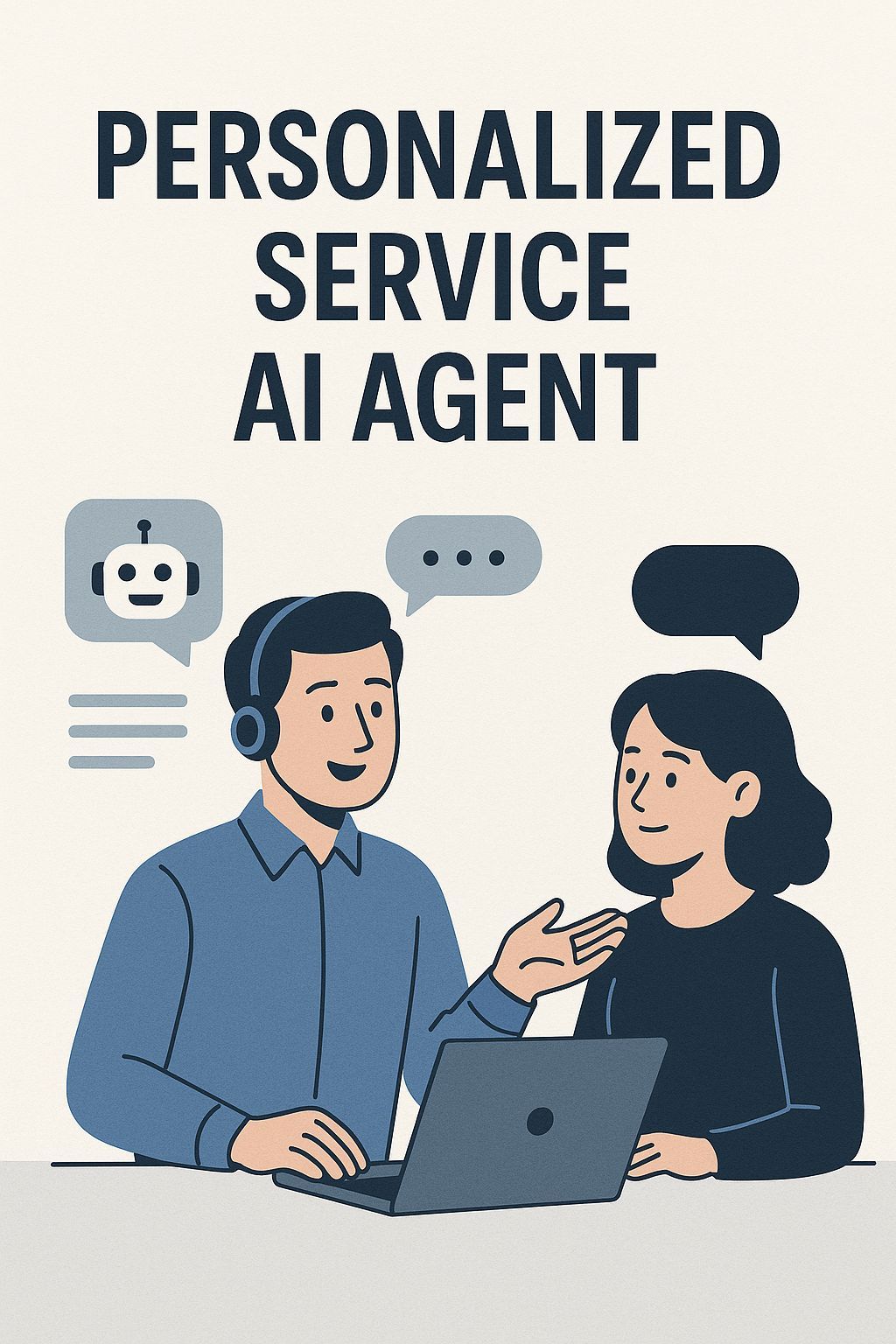

Orange County HVAC Google AI Overview Domination: 7 Proven Strategies to Capture Featured AI Results






